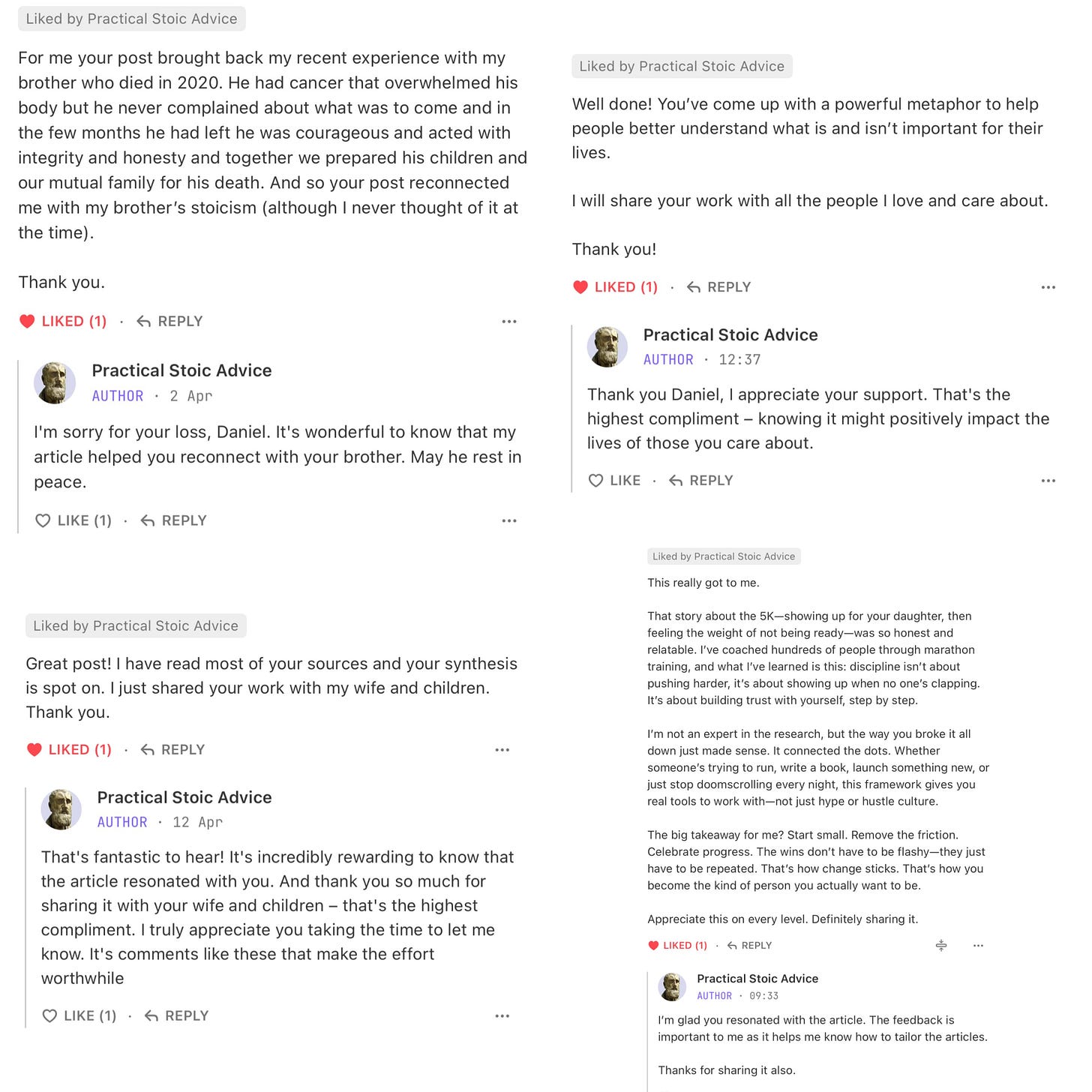
As I write this, it’s 11:29 AM on Sunday, September 28, 2025, and the world hums with activity. For some, this moment marks a pause—a rare Sunday morning to reflect or recharge. For others, it’s another hour swallowed by obligations, a reminder of time slipping through their fingers. Yet, what if we could reclaim this fleeting resource? Owning your time is not about controlling every second but about recognizing it as your most valuable currency and wielding it with intention.
You’ve set the tone with a deliberate morning routine, grounding yourself in reflection and focus. You’ve carved out an evening routine to wind down, prepare, and find peace. But what about the heart of the day—those chaotic, unpredictable hours when life throws tasks, distractions, and demands at you? Daytime hits different. It’s when the world’s buzzing, your brain’s firing, and life feels like it’s moving at warp speed. Those hours between dawn and dusk are your prime real estate—your shot to get stuff done, chase what matters, and actually feel like you’re steering your own ship. But let’s get real: daytime’s a wild ride, a chaotic storm of demands, distractions, and detours that can yank those precious hours right out of your hands. You start the morning with big plans—nail that work project, hit the gym, maybe even carve out 20 minutes to breathe—but by noon, you’re drowning in emails, putting out fires, or stuck in a group chat you didn’t sign up for. How often do you hit the end of the day, look back, and wonder, “Where the hell did my time go?”
Daytime’s supposed to be your power zone, but it feels like a trap, pulling you in a hundred directions while your own goals gather dust. It’s like trying to herd cats in a hurricane—every move’s a struggle, and you’re not sure you’re winning.
The external chaos is relentless. Daytime’s when the world’s awake, and it’s got no chill. Meetings stack up, deadlines loom, and everyone seems to need something right now. If you’re in a high-pressure gig—like a nurse in the ER or a manager juggling a team—the demands hit harder. A patient’s chart needs updating, a client’s breathing down your neck, or a family member texts, “Can you help with this real quick?” You want to say no, but the pressure’s on—say yes, or you’re letting someone down. So you nod, add it to your overflowing plate, and watch your morning vanish. Then there’s the digital noise: notifications buzzing like mosquitoes, each one stealing a sliver of your focus. You check one email, then another, and suddenly you’re down a rabbit hole of replies, none of which move you closer to what matters. Daytime’s chaos isn’t just busy—it’s a thief, snatching your hours before you can blink.
But it’s not just the world out there; the chaos lives inside, too. Your brain’s a double agent, sabotaging your best intentions. You sit down to work, but that urge to “just check” social media kicks in, and 15 minutes later, you’re scrolling through memes, tiktok, reels, name them, instead of making progress. Or maybe it’s the guilt—you feel like you have to answer every request, be the team player, the reliable friend. Saying no feels like admitting defeat, so you say yes, even when your gut’s screaming, “I don’t have time for this!” Then there’s the multitasking myth. You think you can juggle three tasks at once—write that email, plan your day, take a call—but you end up doing none of them well. Your focus splinters, and by mid-afternoon, you’re frazzled, wondering why you’re so behind. Daytime’s when your energy’s highest, but your own habits—procrastination, people-pleasing, chasing shiny distractions—turn it into a battlefield where you’re fighting yourself.
The emotional toll of this chaos is no joke. Losing your daytime feels like losing a piece of yourself. You start the day with hope, maybe even a spark of excitement, but by evening, you’re drained, staring at a to-do list that’s barely touched. The frustration builds—you’re mad at the world for throwing so much at you, mad at yourself for not keeping up. Guilt creeps in, too: “Why can’t I get it together?” You think of that workout you skipped, the project you didn’t start, the quiet moment you promised yourself but never got. It’s like running a marathon with no finish line, and the weight of it sits heavy. For folks in high-stakes roles—doctors, teachers, leaders—daytime’s chaos hits harder. You’re not just managing your own time; you’re carrying others’ expectations, and every lost hour feels like a failure. You’re not just tired; you’re haunted by what you could’ve done if the day hadn’t slipped away.
Daytime matters because it’s your shot to shape your life, but its chaos can own you if you let it. Those hours are when the world’s moving, when your energy’s primed, when your choices have the most juice. But every distraction, every yes you didn’t mean, every moment you let slip is a chance you don’t get back. You’re not just losing time—you’re losing the life you want to build, whether it’s nailing your work, connecting with people you love, or just feeling like you’re in the driver’s seat. The chaos of daytime isn’t going anywhere, but you don’t have to let it win. Ever had a day where chaos ate your hours alive? Share it in the comments. Now, let’s break it down, step by step, with practical moves from the Stoics to turn chaos into something you handle, not something that handles you.
Reader Feedback
Join 18,197+ Subcribers


